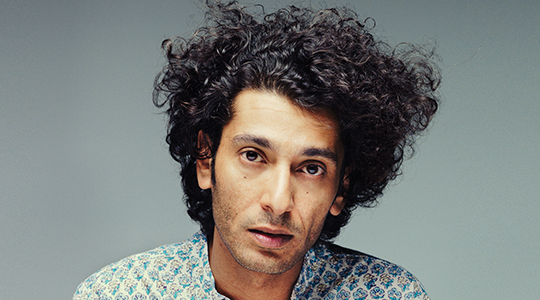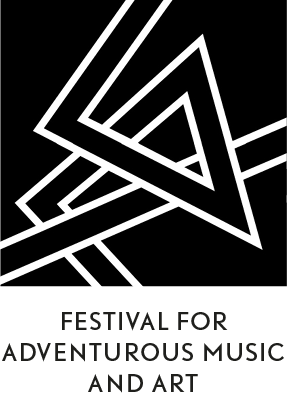Khyam Allami
[INT]

Born in Damascus to Iraqi parents and raised in London, Khyam Allami is an active multi-instrumentalist, audio engineer, label head, researcher, composer, and more.
Allami began his musical journey by studying the violin for a minor role in the Syrian arthouse film Al-Tahaleb (Rimon Butros 1990), before moving on to guitar, bass, and drums. He played in various punk, metal, post-rock and progressive rock bands, such as Art of Burning Water, Ursa, and Knifeworld. In 2004, he began to study the oud and Arabic music with Ehsan Emam in London, before learning from the likes of Mehmet Bitmez, Naseer Shamma at Beit al-Oud, Hazem Shaheen, and Abdo Dagher.
With both under- and post-graduate degrees in Ethnomusicology from London’s School of Oriental and African Studies, Allami is tireless in his work. His debut solo oud album, Resonance/Dissonance (2011) was released to critical acclaim. In 2012, he instigated and managed the short-lived Sound of Iraq project, an initiative to create an Iraqi National Sound Archive at the Iraqi National Library and Archives in Baghdad. 2014 saw the launch of his Nawa Recordings label, with Maurice Louca's seminal album, Benhayyi Al-Baghbaghan (Salute the Parrot).
One of Allami’s current projects is a tuning patch known as Comma, intended as a plugin for Ableton Live. With this software, he aims to give artists based in Middle Eastern traditions a much-needed tool for live electronic performance. As it is today, Ableton (and many other DAWs) excludes millions of musicians from realizing creations that are rooted in non-Western traditions. Comma focuses on Arabic microtonal modes, enabling performers to alter tuning in real-time. By opening up Live to accommodate truthful composing and performing of Arabic music, and thus allowing its contemporary evolution, this piece of software contributes to balancing out a long going asymmetry in the relationship between Western and Middle Eastern music.

